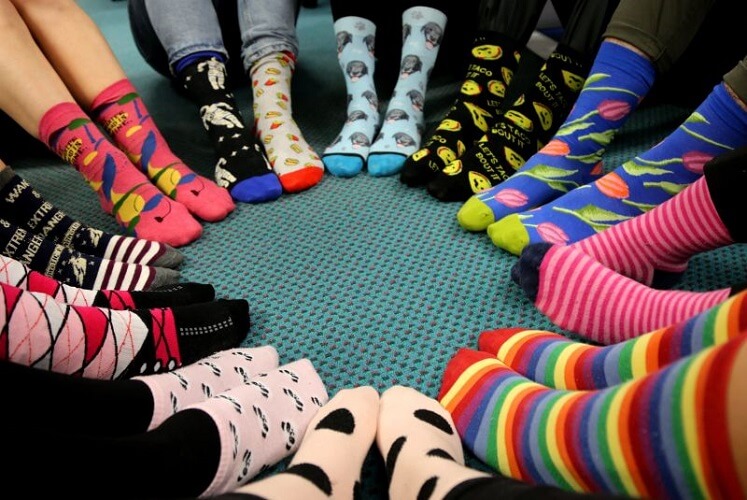Since its introduction in April 2019, 5G networks have promised to drastically alter the mobile world. Following the fifth generation of cellular networks’ integration into society, many have wondered how it will impact the future of entertainment-based markets, such as online gaming and streaming. Because of that, let’s look at five ways in which 5G will enhance the above sectors.
New Partnerships
The introduction of 5G opens the door to new and exciting opportunities within the gaming and streaming sectors. To showcase their determination to be a central player in the network’s future success, Twitch formed a partnership with Verizon Communications, a multinational telecommunications conglomerate, back in August 2019.

Fascinatingly, the relationship sees the pair come together in an effort to explore the unlocked potential of 5G in a competitive gaming capacity. Currently, both organizations are unaware of what the future holds, although they’re optimistic that more advanced experiences await modern-day gamers.
Lower Latency
At the time of writing, 5G ensures far lower latency than its predecessor, 4G. Latency – the delay between a system observing changes in cause and effect – is one of the primary benefits of the latest network. Interestingly, Qualcomm states that it’s forecast to provide a 10X decrease in end-to-end latency. Regarding speed, the advancement reportedly ensures latency between 21 and 26 milliseconds, while 4G’s speeds were 50 milliseconds.
From an online gaming standpoint, this is a significant step forward. For those who play open-world shooters, for example, this guarantees that actions are registered more quickly. This is also advantageous to those who enjoy online casino games, such as those at Genesis Casino. As their offerings range from video slots to real-time variants of popular games like baccarat, blackjack, roulette, and poker, it’s crucial to have low latency, and that’s where 5G shines.
Heightened AR and VR
Another aspect of gaming that will improve with 5G concerns virtual reality. Although not guaranteed, early predictions indicate that the latest wireless network could unlock the full potential of VR technology. Fundamentally, both augmented reality and VR require low latency and heightened consistency to thrive, and that’s something that 5G strives to offer.

Regarding videos and streaming, TechRadar forecasts that 5G will alter the manner in which media-loving audiences consume content. Aside from static images, which dominated during the mid-2010s, network breakthroughs will integrate AR and VR porn to enhance social interaction without compromising a high-quality, real-time service.
The Future of Gaming and Streaming
When each of the above comes together, 5G will ultimately be responsible for shaping the future of mobile gaming. Not only that, but the network may even rival the existing popularity and consistency of console-based, wired gaming experiences.
As time progresses, industry specialists within the gaming sector will have a greater understanding of how to market the advancement. In turn, this will bring about a brand-new era for both casual and competitive gamers, according to Pocket Gamer. Through creating a smoother, less lag-heavy foundation, remote opportunities could open the door to a whole host of creative gaming avenues.
Faster Speeds
Much like concerning latency, 5G is also much improved from a speed standpoint when compared to 4G. As per data from Tom’s Guide, the average 5G download speeds from T-Mobile, for example, reportedly sat at 71 Mbps. By comparison, the same provider’s rates on a 4G network were 36.3 Mbps. As such, it’s evident that the latest cellular network is almost twice as fast as its predecessor. For gaming, this ensures more rapid downloads of the latest titles than in previous years.

Impressively, such differences are also apparent in relation to upload speeds. For those who publish videos on YouTube or live stream on Twitch, this is a pivotal component of 5G. To showcase the differences, CNBC reports that uploads speeds on Vodafone’s 5G network were upwards of 90 Mbps, while the 4G alternative was around 40 Mbps.
A Promising Period Awaits
Although there are no guarantees that various organizations will unlock the full potential of 5G over the next decade, it’s worth knowing that the above factors can drastically alter mobile gaming and streaming. Irrespective of what’s to come regarding virtual reality and new partnerships, gamers can, as of now, take advantage of faster speeds and lower latencies.








